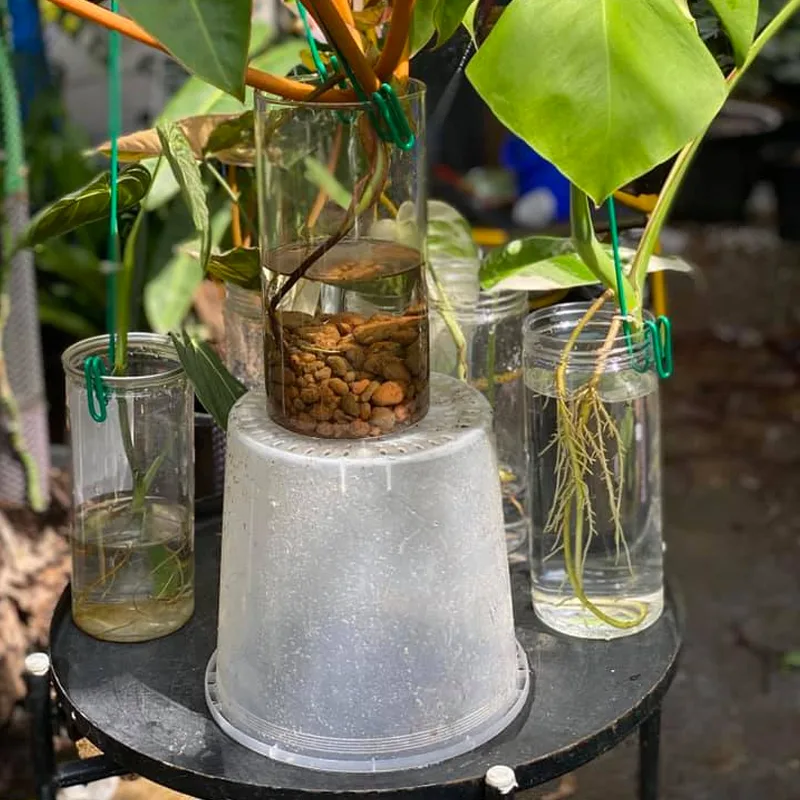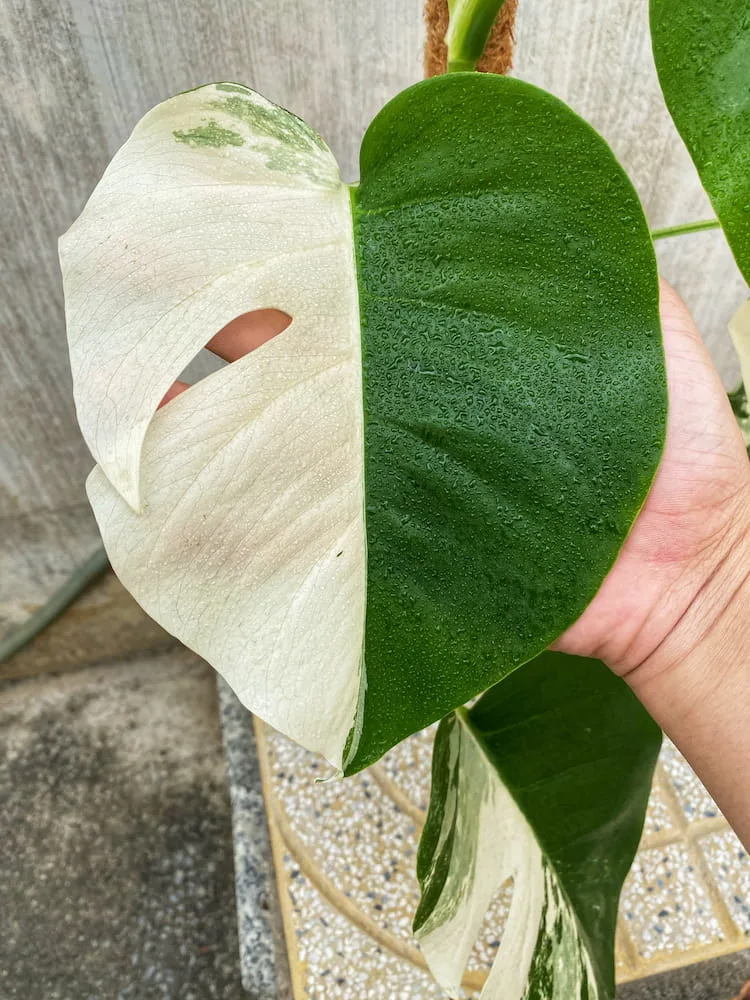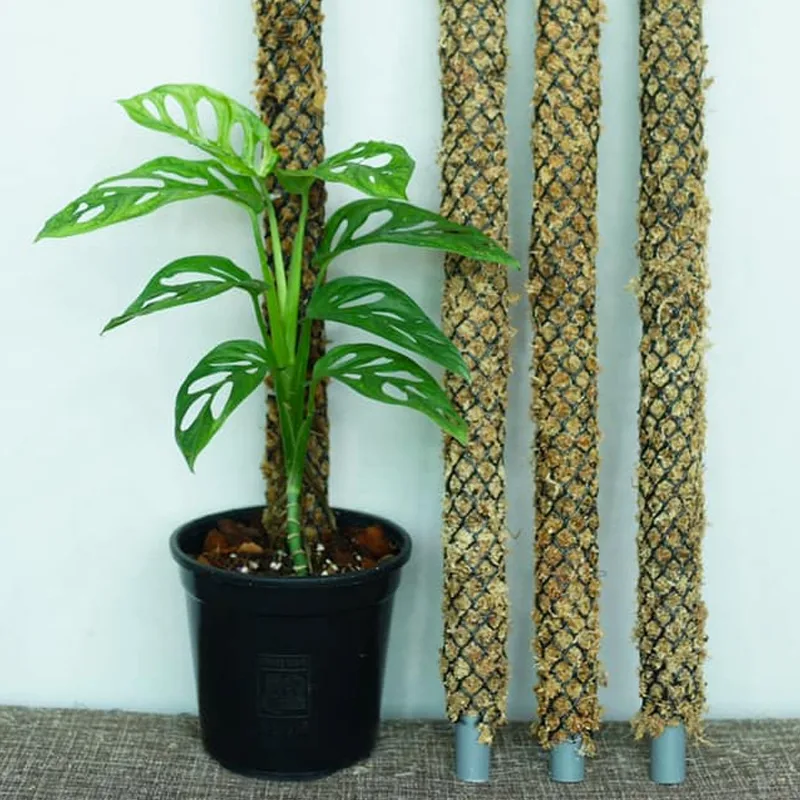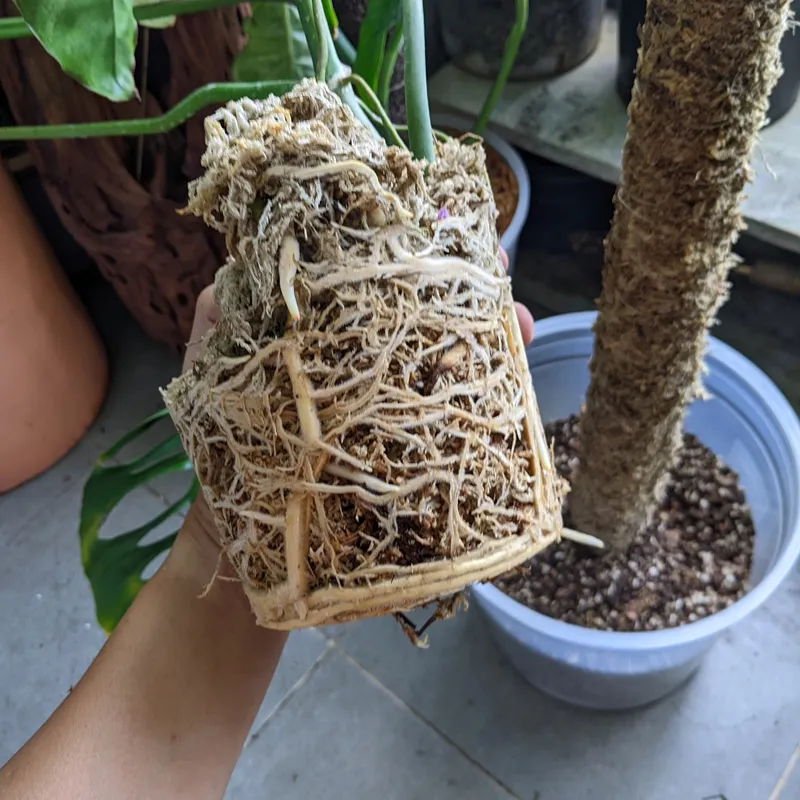Monstera Plant
The Monstera plant, also known as the Swiss cheese plant or Monstera deliciosa, is a popular houseplant known for its large, glossy leaves with distinctive holes. Here are some special things you may not know about Monstera:
1. Epiphytic Growth: In its natural habitat, Monstera is an epiphyte, meaning it grows on other plants or surfaces, using them for support. It can attach itself to trees/poles and climb upwards, reaching great heights.
2. Leaf Perforations: The characteristic holes in the Monstera’s leaves, often referred to as fenestrations, are believed to have evolved to allow the wind and rain to pass through, reducing the risk of damage caused by tropical storms.
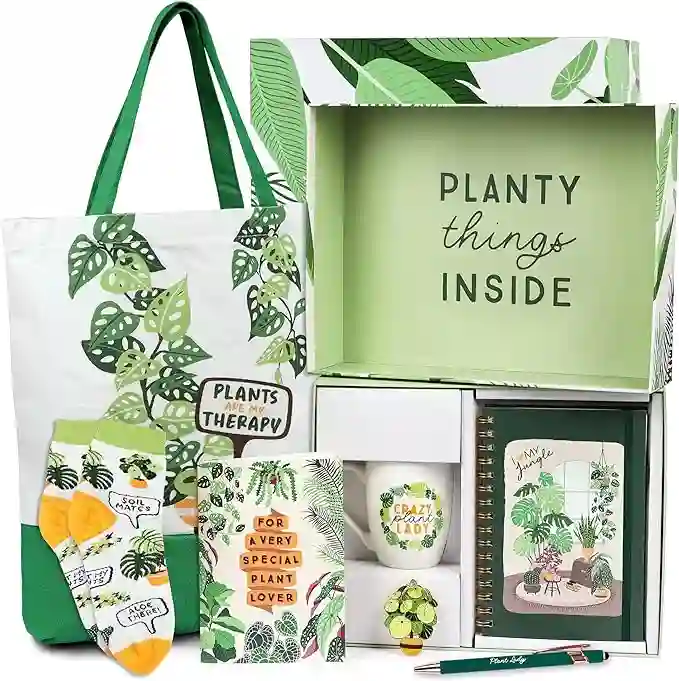
3. Aerial Roots: Monstera plants develop long, dangling aerial roots that grow from the stems or nodes. These roots can be trained to grow into the soil or can be left hanging for aesthetic purposes.
4. Variegated Varieties: Monstera plants can occasionally exhibit variegation, which is the presence of different colors on the leaves. Variegated Monstera are highly sought after by collectors and can have stunning patterns of white, cream, or yellow on their foliage.
5. Fruit Production: Given the right conditions, mature Monstera can produce fruit. The fruit, called Monstera fruit or Mexican breadfruit, is green and looks like a scaled-down version of a pineapple. It has a unique tropical flavor and is often described as a combination of pineapple and banana.
6. Toxicity: While the Monstera plant is generally considered safe to have around pets, it contains calcium oxalate crystals, which can cause irritation if ingested. It’s best to keep it out of reach of curious pets and children.
7. Air Purifying Qualities: Like many other houseplants, Monstera plants can help improve indoor air quality by filtering out pollutants and releasing oxygen. They are particularly effective at removing formaldehyde and other volatile organic compounds (VOCs) from the air.
8. Propagation: Monstera plants are relatively easy to propagate. You can propagate them using stem cuttings, allowing the cuttings to root in water or directly in soil. The process is rewarding and can help you expand your collection or share the joy of Monstera plants with others.
Remember to provide your Monstera plant with indirect sunlight, well-draining soil, and regular watering to keep it healthy and thriving.
